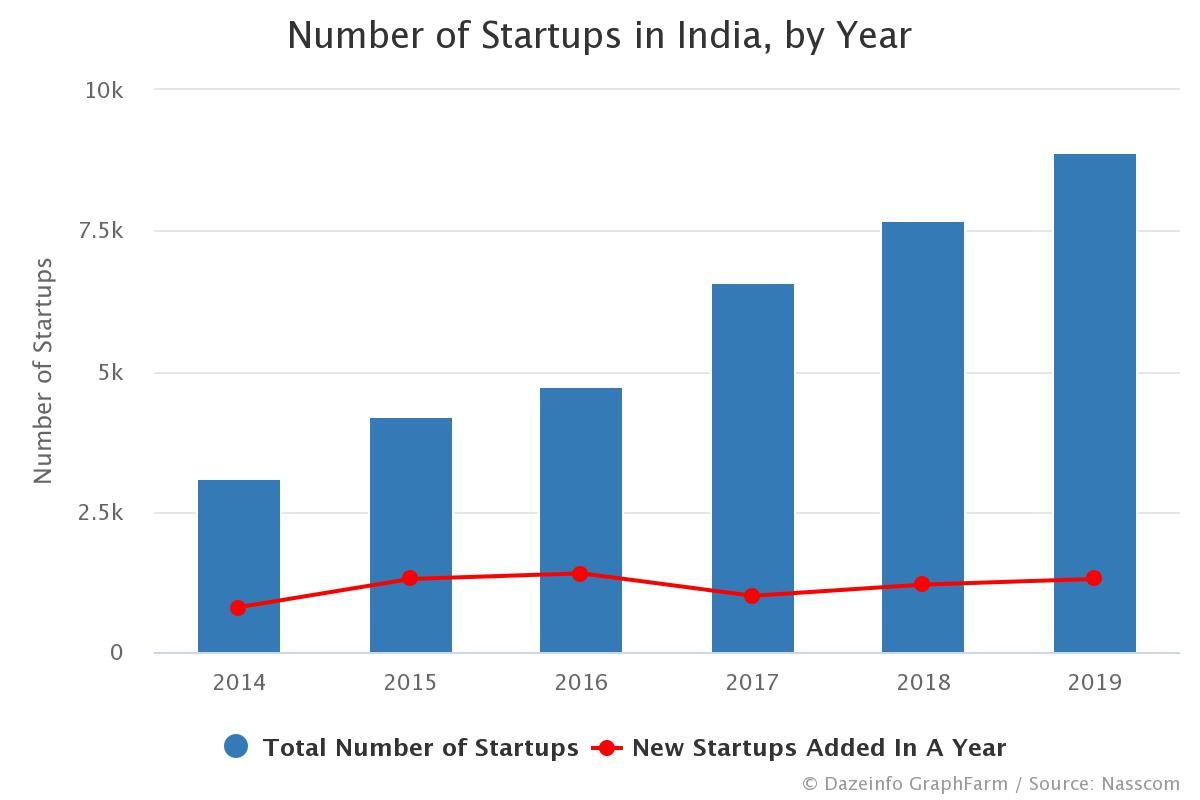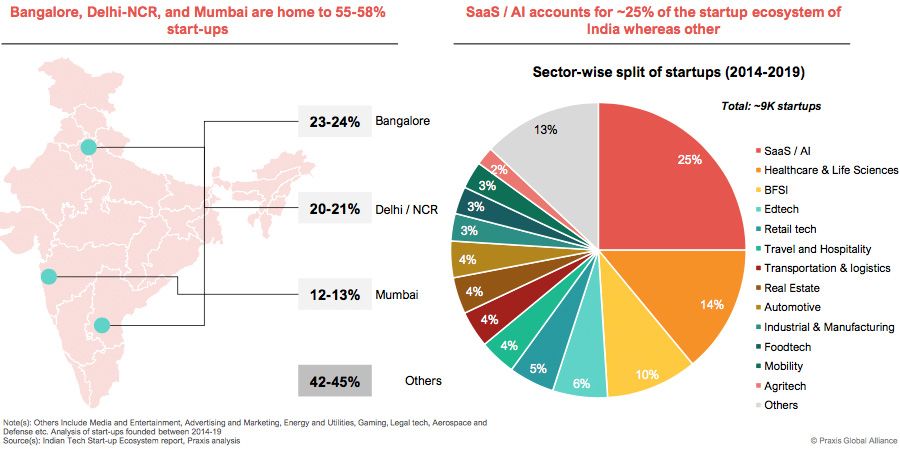The Stakes Are High
India has built a phenomenal forward momentum in its startup ecosystem. According to independent analysis, the country now ranks third globally in terms of tech-startup funding. The flagship initiative Startup India (launched 2016) has recognised tens of thousands of new ventures and contributed to a booming deep-tech, digital economy.
Table of Contents



And yet — the same ecosystem is starting to show cracks. Many of these cracks can be traced back to policy frameworks that were designed in a one-size-fits-all mode, without embedded data-feedback loops. Put simply: India needs data-driven startup policy reform — now.
Why “Data-Driven” Matters
1. Targeting, not just sweeping programmes.
Studies emphasise that the number of registered startups is impressive, but the quality, sectoral spread, and survival rates vary wildly. Without rigorous data collection and monitoring, momentum can mask underlying dysfunction.
2. Resources are constrained, priorities must be sharper.
India’s new Research Development and Innovation (RDI) scheme has a corpus of ₹1 lakh crore aimed at high-impact innovation. Unless policy design uses real-time data on startup performance, sectors, funding bottlenecks, and regional disparity, money will be spent but impact diluted.
3. Regional imbalances demand nuance.
For instance, the state of Telangana (including Hyderabad) is underrepresented in serious funding despite being tech-savvy. Less than 40 startups received major support in a scheme where other states received hundreds. A data-driven policy would flag such anomalies early and propose action.
4. Emerging technologies require agile policy.
With India on the cusp of proliferating AI, IoT, 5G and data-centres, policy must be responsive to new patterns of innovation and risk. Without data-led tracking of how startups in these domains evoke regulatory, infrastructure or talent bottlenecks, policy will always lag.
What’s Going Wrong Today
- Inconsistent metrics: Many state policies announce aspirational targets (e.g., a draft policy in Delhi aims for 5,000 startups by 2035). But they often lack interim data points or measurable KPIs for scale, employment, funding, or exits.
- Lack of transparency and evidence of bias: In Telangana’s case, startups allege a “thin ecosystem & low visibility” make them miss out—even when metrics show large funding gaps.
- Fragmented policy architecture: The government’s tech-policy planning review concluded that India needs “lasting and enduring” frameworks rather than piecemeal initiatives. But building a durable structure requires baseline and ongoing data.
- Data access and open-sharing are weak: Despite the long-standing National Data Sharing and Accessibility Policy (2012) for public data, practical implementation in startup-ecosystem research remains limited. (Wikipedia)
A Roadmap for Data-Driven Reform
1. Build a live startup-dashboard
Central and state governments should collaboratively establish a portal that tracks, in real-time or refreshed quarterly: startup registrations, funding amounts, sector, region, employment created, failure/claw-back rates, exits, etc.
2. Introduce outcome-linked policy design
Rather than simply counting “startups recognised”, use data to connect policy support (incubation, seed grants, tax breaks) with survival, growth, job creation, and scaling. This helps weed out “identifier” effect without impact.
3. Region-wise diagnostics and interventions
Use data to identify weak zones (Tier-II/III cities, states with low representation) and tailor mobility, talent, infrastructure support or investor mapping accordingly.
4. Embed feedback loops
Regularly collect feedback and micro-data: which types of startups drop out, what regulatory or infrastructure failures they face, sector-specific challenges. Use this to refine policy mid-cycle.
5. Encourage open data and research partnerships
Agencies like Startup Policy Forum are already teaming up with institutions (e.g., Indian Institute of Technology Madras) to analyse startup-policy data. Scaling up such collaborations can deepen empirical basis for reform.
The Upside & The Danger
If policy reform is successfully data-driven:
- India could convert its enormous consumer-market, digital infrastructure and youth talent into global-scale innovation hubs rather than just local copycats.
- Investments can be optimised, failure rates reduced, and more startups can scale into world-class firms rather than stagnate.
- Regions outside metro centres could become genuine innovation nodes—reducing regional inequality and realising the ambitious “startup India” promise.
Conversely, if India fails to invest in data-driven policy:
- The ecosystem may continue to grow in numbers, but without depth—limited exits, limited global strength, and talent drain overseas.
- Structural issues (funding bias, infrastructure gaps, regional skew, regulatory lag) will persist and eventually undermine investor confidence.
- The next decade’s “digital frontier” (AI, quantum, deep tech, data-intensive sectors) may be captured by other countries, leaving India with second-tier status.
In short: India’s startup boom is real, but incomplete. To avoid a scenario where scale masks stagnation, the country must transition from good intentions to smart implementation. And that demands a shift from policy-based hopes to data-driven reform. The time to build the systems that tell us what works, where, and why is now.
for more follow : | LinkedIn
also read : From Bedroom Startup to ₹15,000 Crore Giant: How the Kamath Brothers Built Zerodha into India’s Largest Brokerage Without a Single Rupee in Funding
Last Updated on: Thursday, October 23, 2025 9:26 pm by Business Byte Team | Published by: Business Byte Team on Thursday, October 23, 2025 9:26 pm | News Categories: Uncategorised
